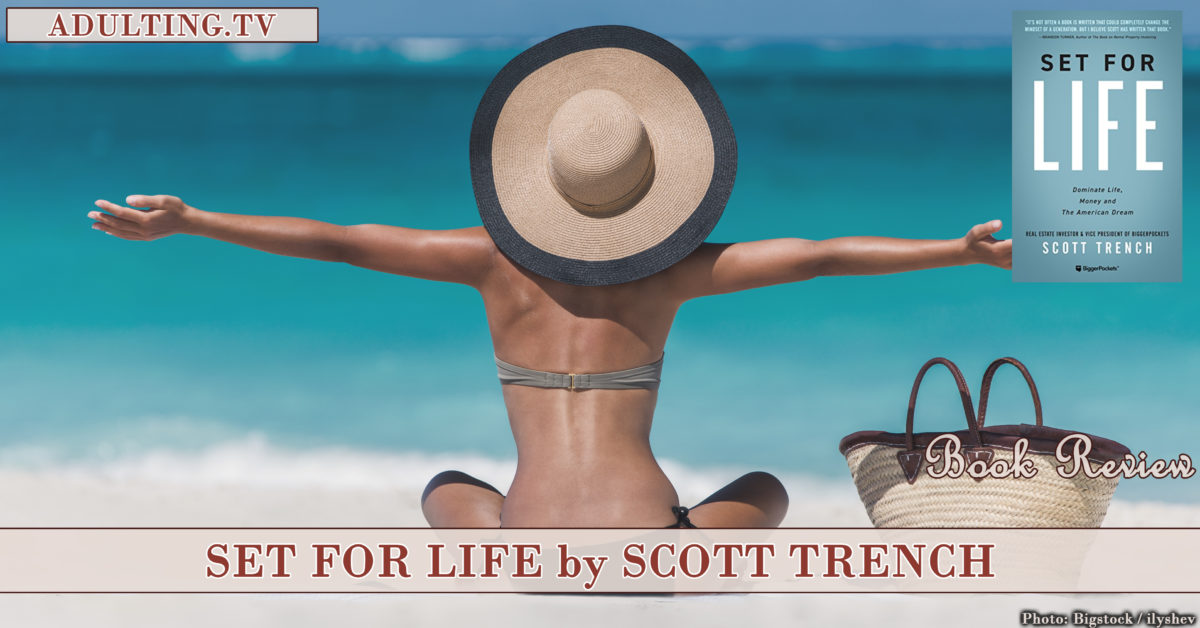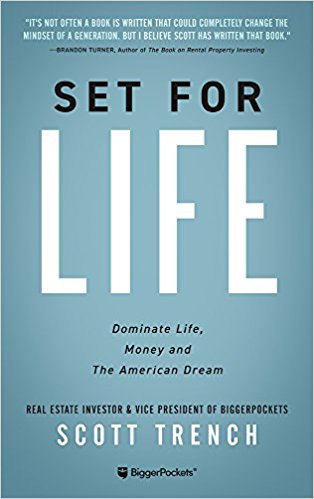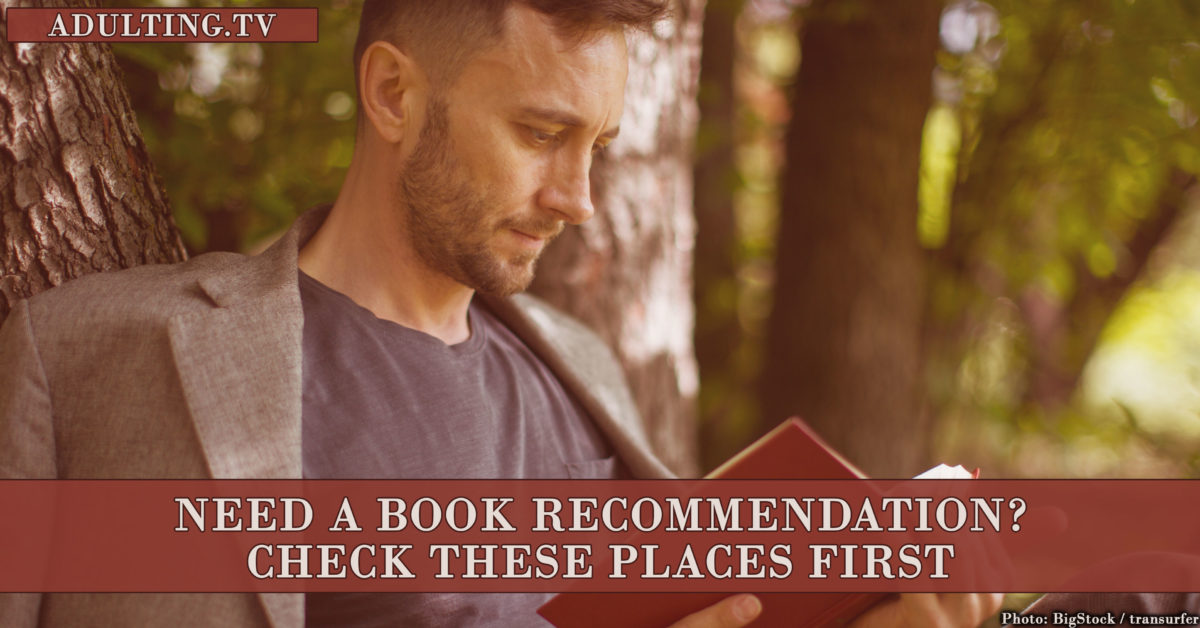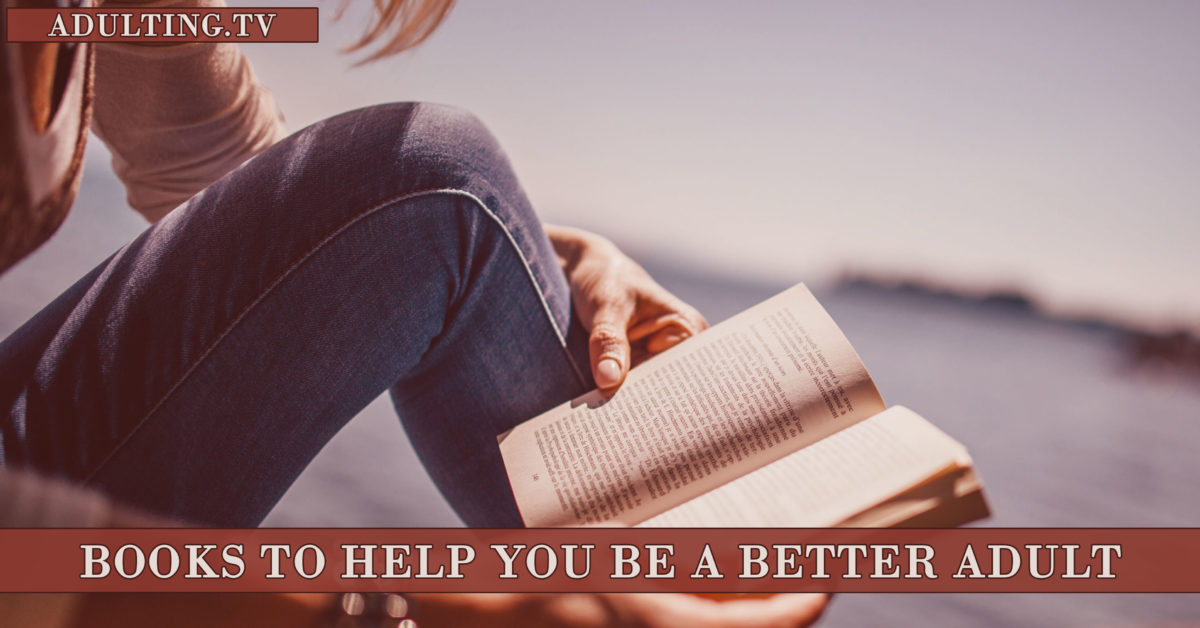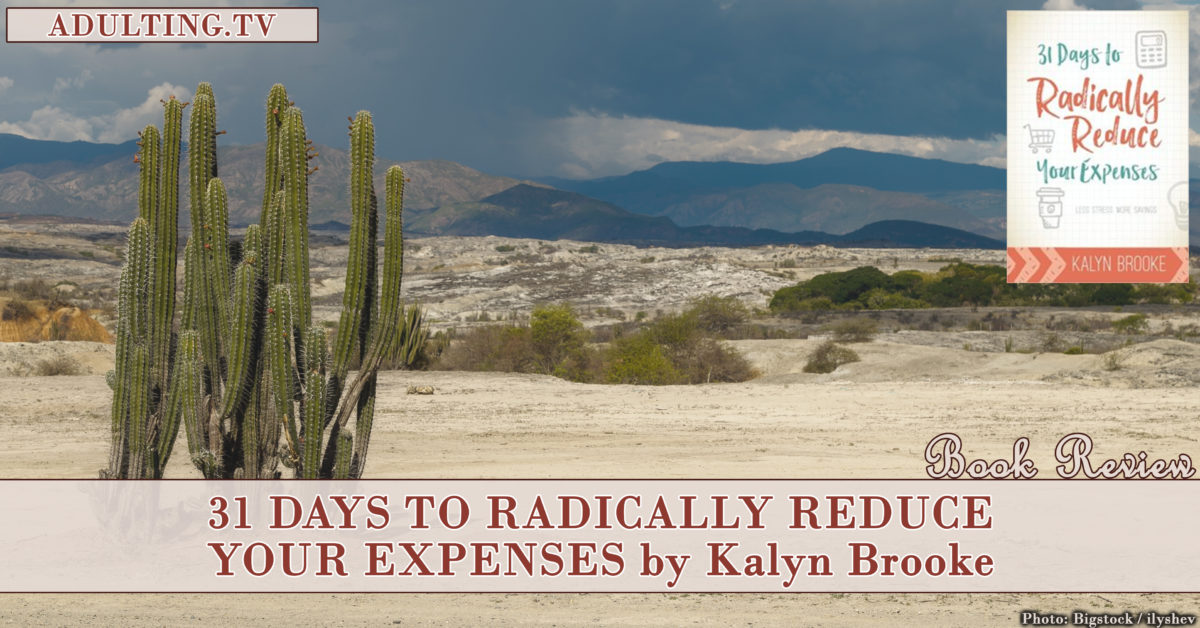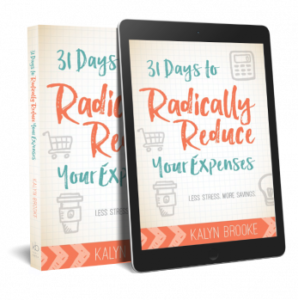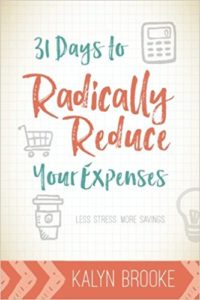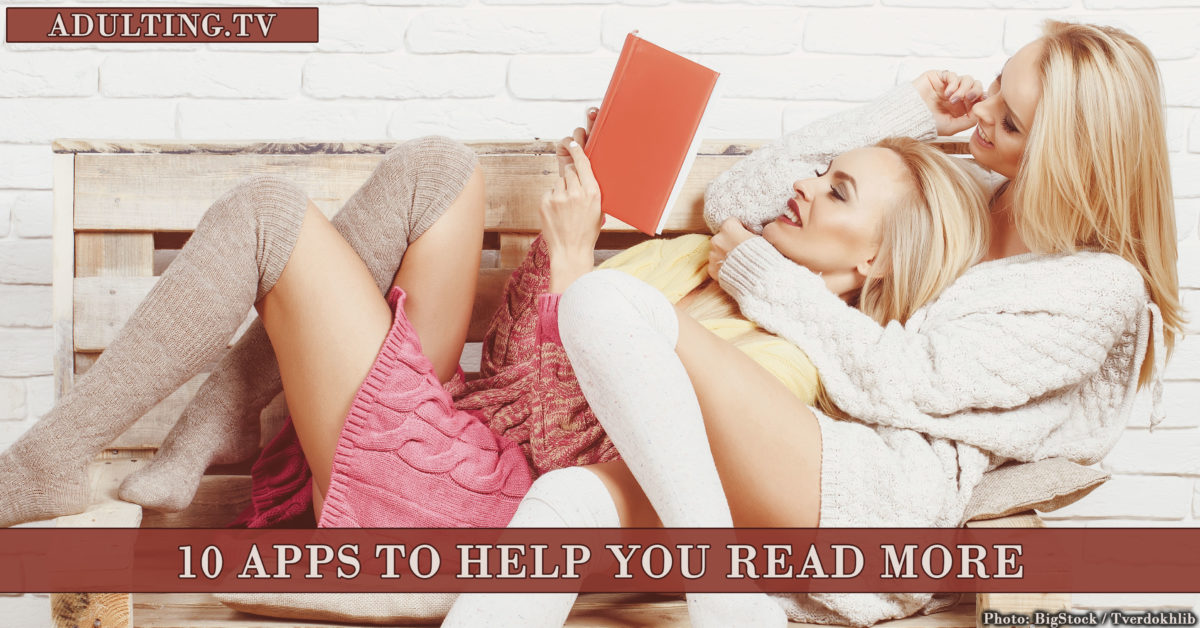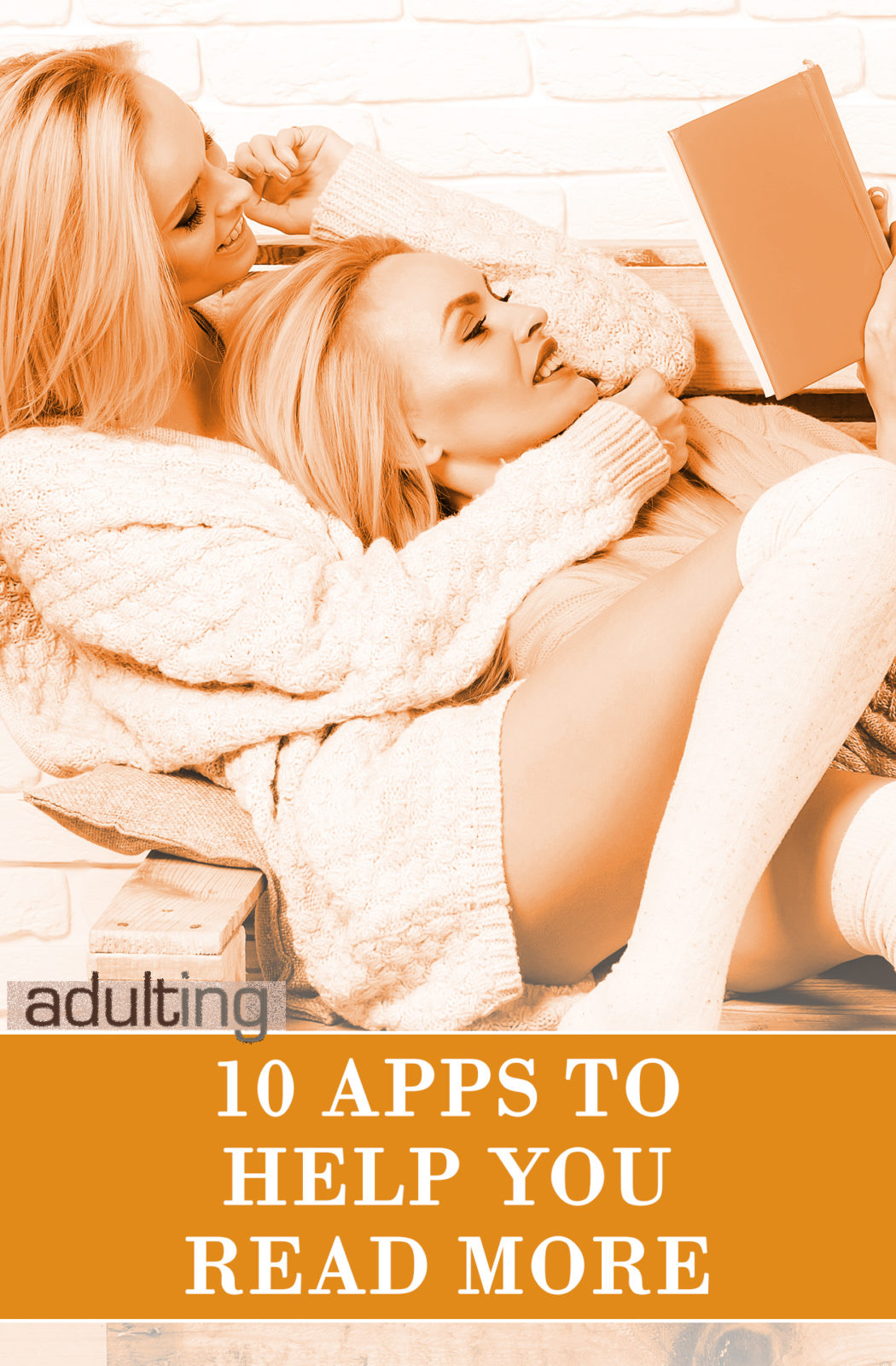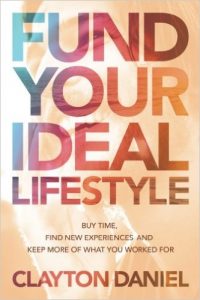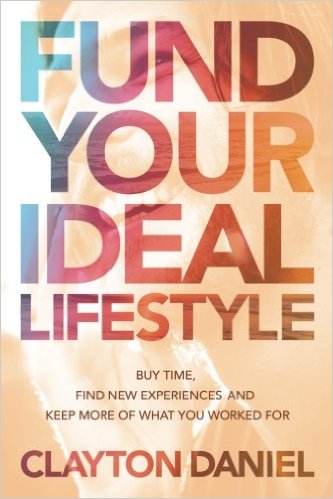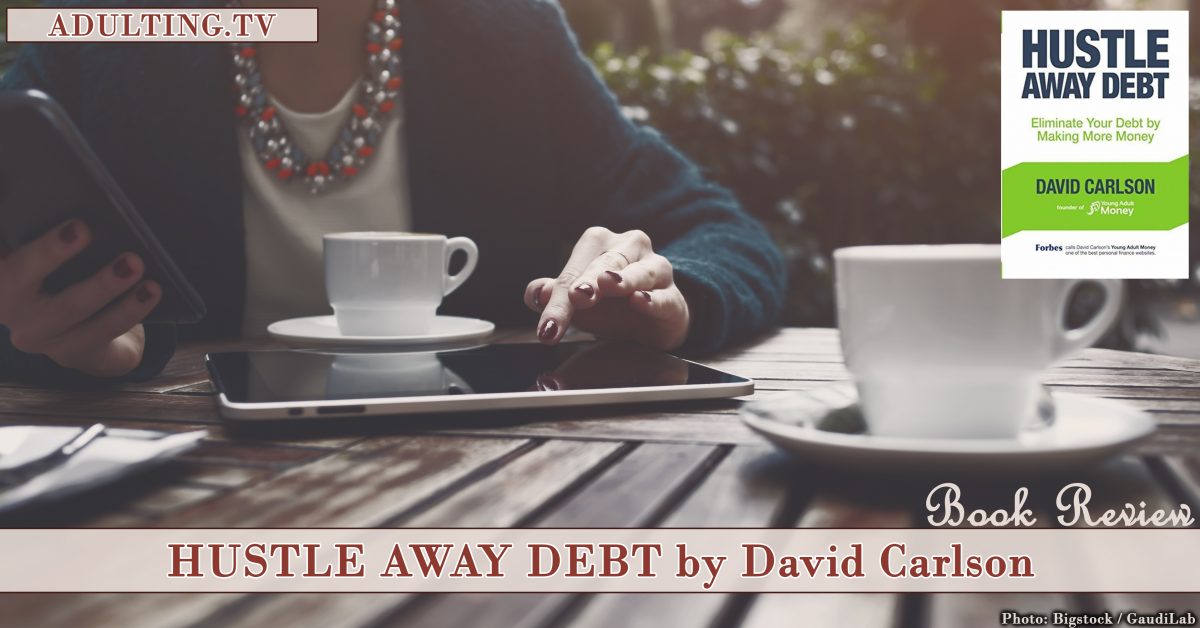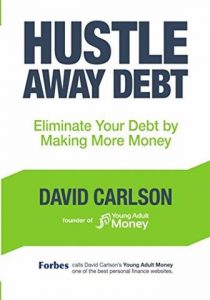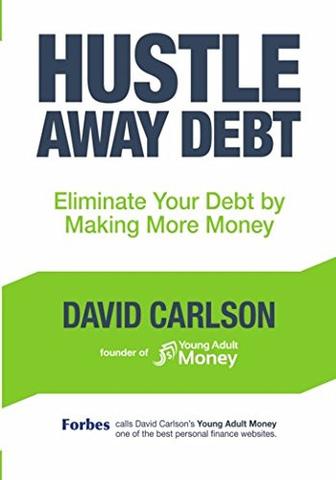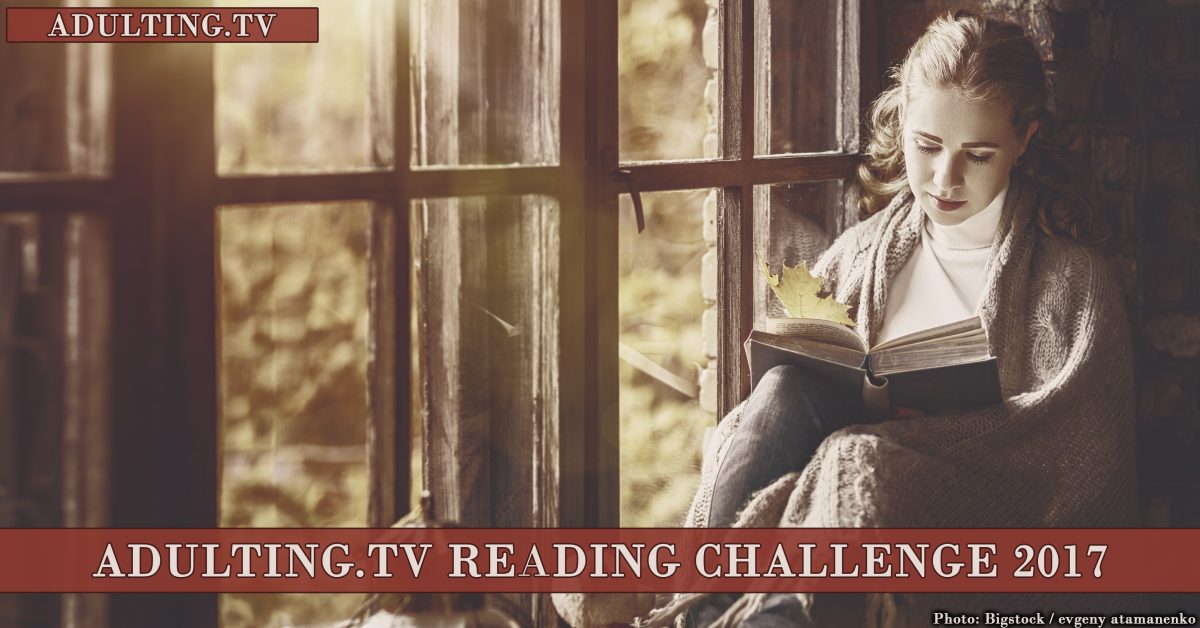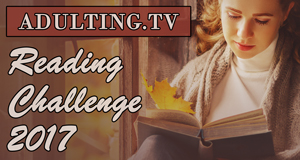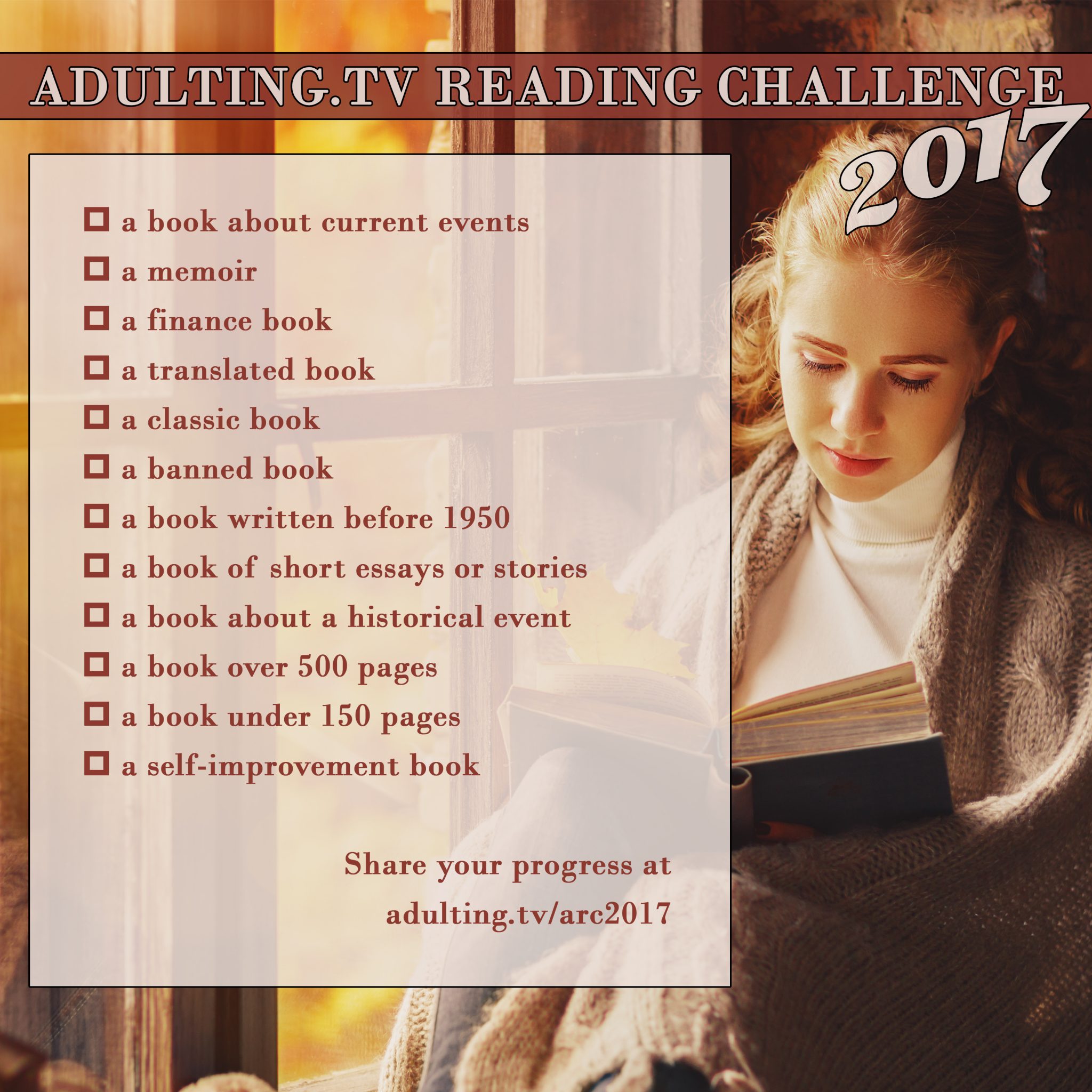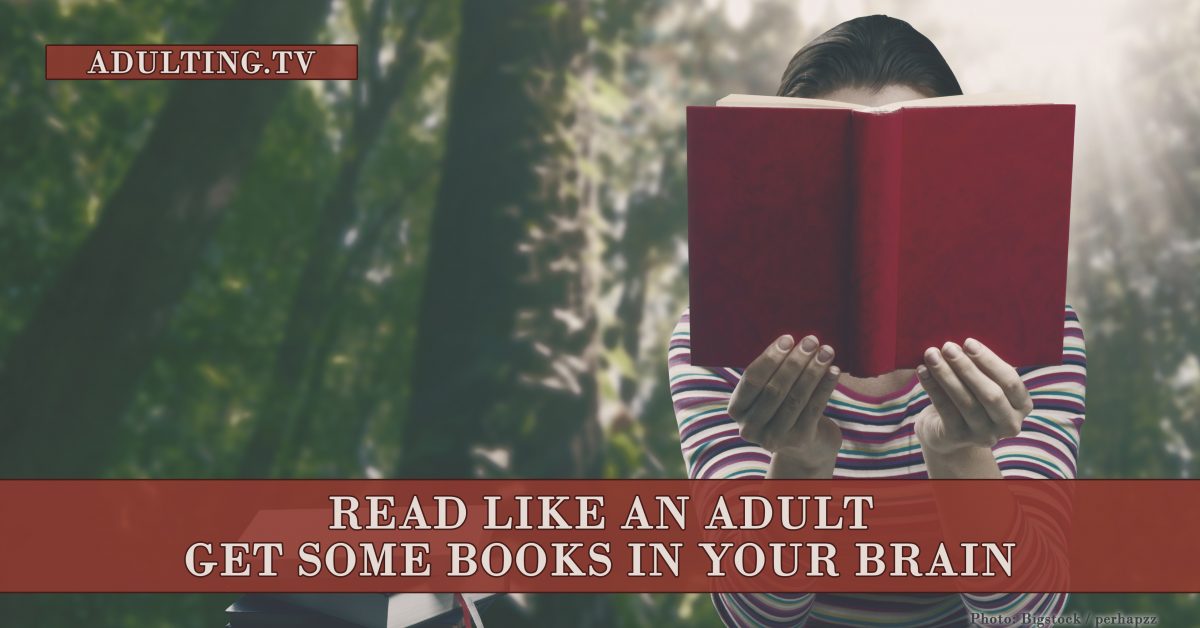A little while ago, I gave you a list of books that will help make you a better adult. They covered topics from cooking to finance to time management and all things in between. It was a pretty comprehensive list. But you know what’s better than one list of all that stuff?
Two lists.
This one, though, is brought to you by my friends. I polled people on Instagram, Twitter, and in real life to cultivate this list and all opinions are theirs (if I’ve read one of their suggestions, I’ve made a note and added my thoughts). And, as always, I’d love to hear from you so leave a comment on what books have changed your adulting life or let us know in the #Adulting Facebook community.
Better Than Before by Gretchen Rubin.
This book is the precursor to her newest, The Four Tendencies, and it covers habits and self-improvement, not so much from a happiness perspective, but from an understanding your motivation perspective. It’s more introspective than her other books, particularly for the reader, and what you learn about yourself will surprise you.
My friend Alyssa said that she consults the notes she took while reading this book bi-weekly.
The Year of Yes by Shonda Rhimes.
This is one of those books I keep meaning to read but don’t, even though everyone I know who’s read it cannot stop raving about it. Written by THE Shonda Rhimes, Alyssa (the same one from above) gives this praise: she makes it OK to be different, to flounder/find your way, to question the status quo and to fall victim to perceived perfection, and then to use all of that to question yourself in a useful way to find your best path and how to blaze it. Her honest, real vulnerability spoke to my own and made me want to healthily face it.
Tuesdays with Morrie by Mitch Albom.
My friend Catherine suggested this one but she said she had a hard time summarizing it in a few sentences so I’ll give it a shot. I read this book years ago and while it’s not quite as memorable for me as it is for others, it’s still a fascinating read that shows what you can learn from a mentor and the profound impact having this kind of relationship has on you. I encourage everyone to find someone in their life like Mitch had Morrie.
The Last Lecture by Randy Pausch.
If you’re not much of a reader, you can watch him deliver his last lecture. But I highly, highly encourage you to read it. It’s a short book, a one sitting book, but you will come away from it a smarter, better person. A weepier one, too, once you realize the intended audience was his children.
Feel the Fear and Do It Anyway by Susan Jeffers.
From TL Clark, an author: Honestly changed my life. Title says it all. Pretty effective endorsement from my point of view.
A Guide to a Good Life by William B. Irvine.
Jason Vitug, founder of Phroogal and the author of You Only Live Once: The Roadmap to Financial Wellness and a Purposeful Life, suggests this book. It focuses on the practices of the Stoics (of whom I know very little about and it’s pretty adult to read a book and then do more research to understand what you’ve read) and how to emphasize the things we can control rather than the things we can’t. Definitely worth checking out.
Sh#t Your Ego Says by James McCrae.
Truth be told, I had never heard of this one until it was mentioned to me on IG but the title alone makes me want to read it. The woman who recommended it said that she’d only started reading it a few days before but was taking her time to absorb everything and that even in just those few days she’d already begun to monitor the negative thoughts her ego is trying to tell her are true. As someone who battles depression, I feel like this has a ton of potential.
Eat Dirt by Josh Axe.
This was suggested by my friend Kerry who said that this book really helped her understand what was going on with her body from the foods she was eating. Who doesn’t want that? After all, one of the most adulting things you can do is take care of your health.
Other suggestions include The Hate U Give by Angie Thomas, Small Great Things by Jodi Picoult, and The New Jim Crow by Michelle Alexander. While the first two are fiction and the third is nonfiction, they all deal with racism in America in their own unique and thought-provoking ways, and it’s an issue we all need to understand.
I’ve read the first two and cannot recommend them highly enough (and both are being adapted into movies so make sure you read them first!).Br
So there you have it. A solid bookshelf primer for all your adulting needs.
What’s missing? Share your recommendations in the #Adulting Facebook community.


